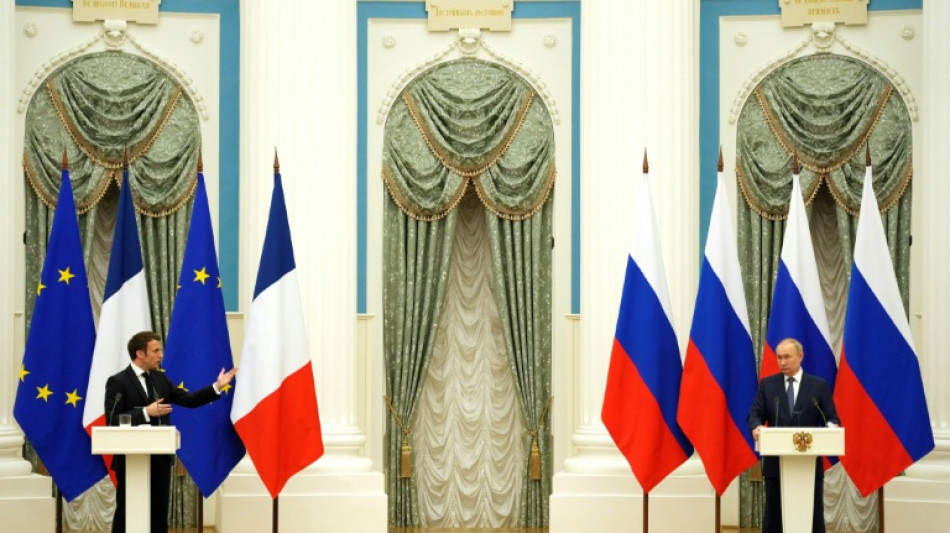
-
 SFWJ / Medcana Announces Strategic Expansion Into Australia With Acquisition of Cannabis Import and Distribution Licenses
SFWJ / Medcana Announces Strategic Expansion Into Australia With Acquisition of Cannabis Import and Distribution Licenses
-
Trump talks up EU tariff deal as Italy's Meloni visits
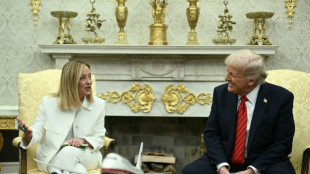
-
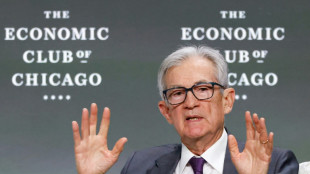 Trump insists he could fire independent Fed Chair Powell
Trump insists he could fire independent Fed Chair Powell
-
Google has illegal monopoly in ad tech, US judge rules
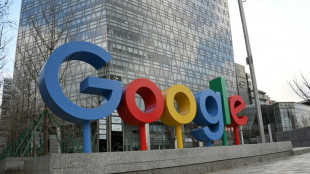
-
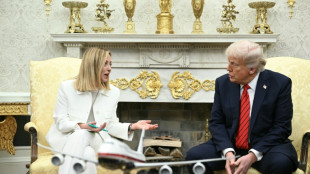 Trump softens on Zelensky, says mineral deal coming 'soon'
Trump softens on Zelensky, says mineral deal coming 'soon'
-
Jacks helps Mumbai beat Hyderabad in IPL

-
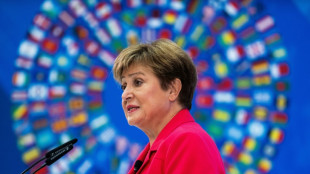 Countries must 'make the best' of new multipolar world: IMF chief
Countries must 'make the best' of new multipolar world: IMF chief
-
Heavy spring snow storm wreaks havoc in the Alps
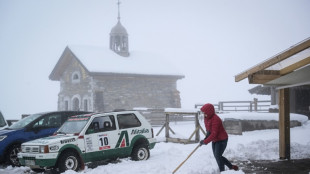
-
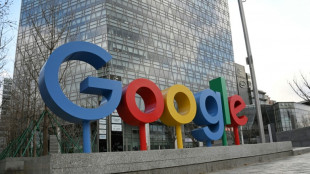 US judge rules against Google in online ad tech antitrust case
US judge rules against Google in online ad tech antitrust case
-
Andreeva knocked out by Alexandrova in Stuttgart last 16

-
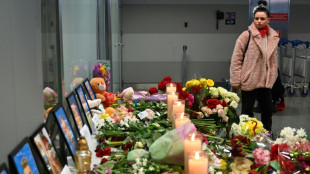 Iran challenges four countries in UN court over jet it downed in 2020
Iran challenges four countries in UN court over jet it downed in 2020
-
'Not at 50' - Alonso sets retirement limit

-
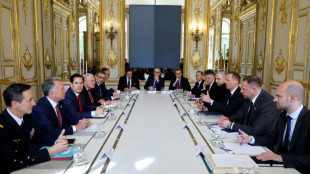 Macron praises US-European-Ukraine talks as 'important occasion for convergence'
Macron praises US-European-Ukraine talks as 'important occasion for convergence'
-
Verstappen dismisses Red Bull exit fears

-
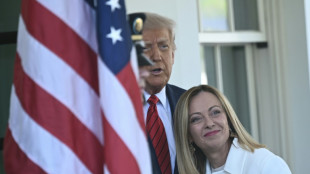 Italy's Meloni, Trump talk up EU trade deal hopes
Italy's Meloni, Trump talk up EU trade deal hopes
-
'Slow but steady' progress for Martin after Qatar MotoGP crash

-
 Pogacar-Van der Poel duel inspires Evenepoel comeback
Pogacar-Van der Poel duel inspires Evenepoel comeback
-
US judge rules Google monopolized online ad tech market
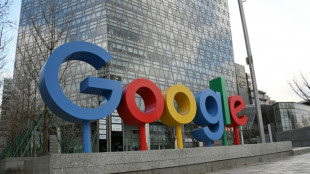
-
 Bearman back at 'special' debut-track Jeddah
Bearman back at 'special' debut-track Jeddah
-
Swiss watch exports to US soared ahead of Trump tariffs
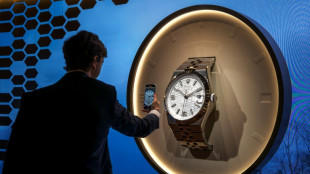
-
 Alcaraz finds best to reach Barcelona Open quarters
Alcaraz finds best to reach Barcelona Open quarters
-
Where are all the aliens?: Fermi's Paradox explained
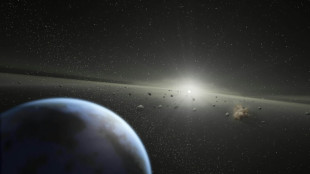
-
 France full-back Dulin to retire at end of season
France full-back Dulin to retire at end of season
-
World economy likely to avoid recession despite tariffs: IMF chief
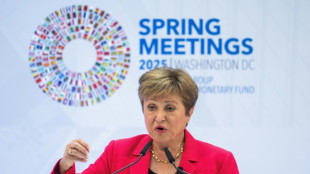
-
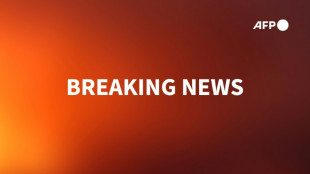 57 killed in Sudan's Darfur as trapped civilians fear bloodbath
57 killed in Sudan's Darfur as trapped civilians fear bloodbath
-
Vietnam ups wind, solar targets as energy demand soars

-
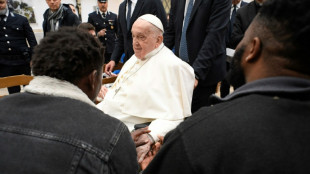 Pope says doing 'best he can' on jail visit before Easter
Pope says doing 'best he can' on jail visit before Easter
-
China's Xi meets Cambodian leader as part of regional diplomatic blitz
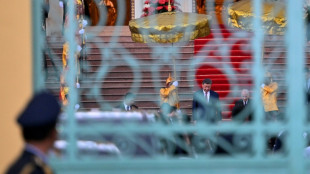
-
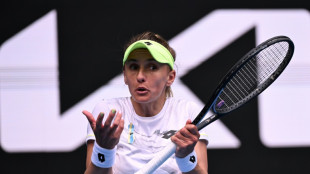 Ukrainian tennis player seeks legal justice over 'moral abuse'
Ukrainian tennis player seeks legal justice over 'moral abuse'
-
Italy's Meloni seeks EU tariff deal from Trump
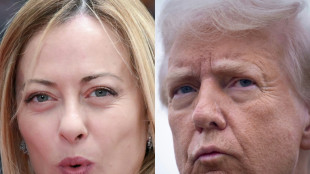
-
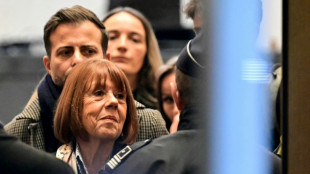 France's feminist icon Pelicot to sue Paris Match for privacy invasion
France's feminist icon Pelicot to sue Paris Match for privacy invasion
-
World economy should avoid recession despite tariffs, IMF chief says
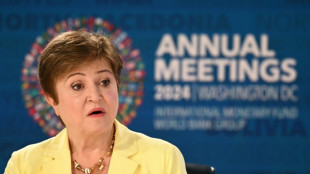
-
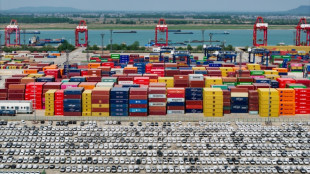 Stocks waver as ECB cuts rate, Trump slams Fed chief
Stocks waver as ECB cuts rate, Trump slams Fed chief
-
France, UK mull migrant swaps in bid to stem Channel crossings
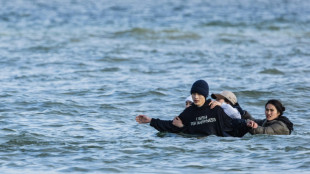
-
 Nuno says Forest still in control of Champions League chase
Nuno says Forest still in control of Champions League chase
-
Malinin, Liu help US take early lead at skating's World Team Trophy

-
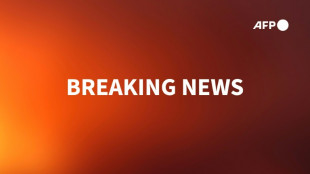 Clashes in Sudan's besieged Darfur city kill 57
Clashes in Sudan's besieged Darfur city kill 57
-
Kyiv's Europe allies seek influence with US in Paris talks
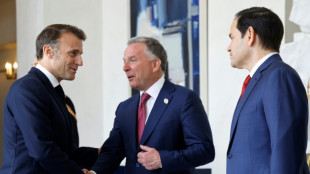
-
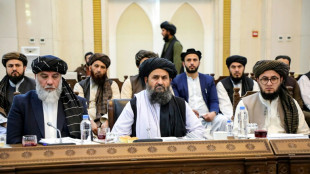 Russia scraps Taliban's 'terror' label amid warming ties
Russia scraps Taliban's 'terror' label amid warming ties
-
Trump says Fed chief's 'termination cannot come fast enough'
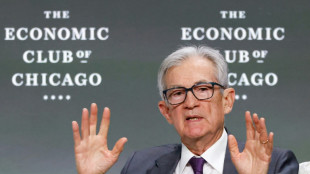
-
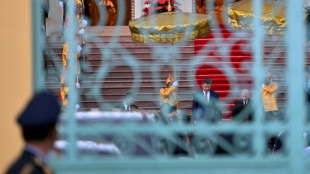 China's Xi, seeking to build regional ties, meets Cambodian leader
China's Xi, seeking to build regional ties, meets Cambodian leader
-
ECB cuts rates as Trump tariffs raise fears for eurozone growth
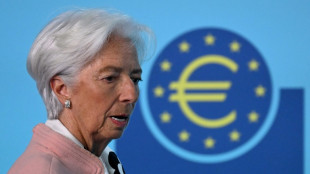
-
 Etzebeth returns to Sharks lineup after concussion absence
Etzebeth returns to Sharks lineup after concussion absence
-
Gaza rescuers say 40 mostly displaced people killed in Israeli strikes
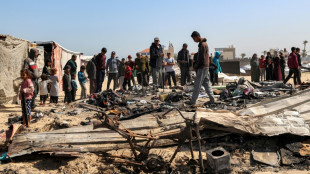
-
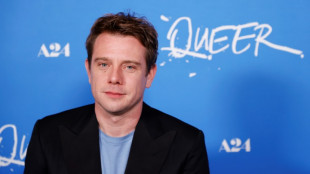 N.Ireland designer Jonathan Anderson takes helm at Dior Men
N.Ireland designer Jonathan Anderson takes helm at Dior Men
-
Turkish central bank raises interest rate to 46 percent
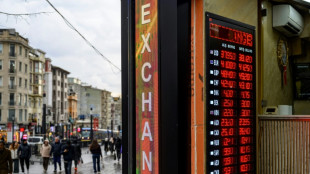
-
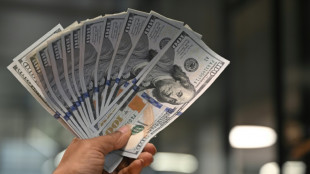 Trump's tariff storm a threat to dollar's dominance?
Trump's tariff storm a threat to dollar's dominance?
-
Bayern forced to watch on as home final dream 'shattered'

-
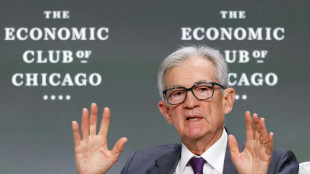 Trump clashes with Fed chief Powell over interest rates
Trump clashes with Fed chief Powell over interest rates
-
UK mulls impact of landmark gender ruling
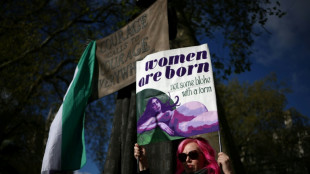

Putin and the West: From curiosity to cataclysm
Russian President Vladimir Putin's two decades of relations with the West, initially marked by fascination over what the ex-KGB agent stood for and then bursts of cooperation, have now reached a point of no return with his invasion of neighbouring Ukraine.
The attack has created an indelible rupture between Russia and the European Union and United States as long as Putin stays in power, with Moscow now likely to turn to China as its main ally.
But this appeared in no way inevitable -- Russia spent much of Putin's rule as a member of the G8 club of top nations and he claimed that in 2000 he even suggested to US president Bill Clinton that Russia could join NATO.
When Putin was promoted by an ailing president Boris Yeltsin in 1999 from security chief to Russian prime minister and then his successor, the West had little idea who he was.
At a meeting with Putin in June 2001, US president George W. Bush famously declared that he had looked the new Russian leader in the eye and "was able to get a sense of his soul."
Putin remained an enigma for most Western capitals.
But despite the crises prompted by the Russian invasion of Georgia in 2008 and the annexation of Ukraine's Crimea in 2014, cooperation continued often intensively.
Few Western leaders have invested as much in a relationship with Putin than French president Emmanuel Macron.
He argued in a famous interview with the Economist magazine in November 2019 that NATO was brain dead and Europe needed a strategic dialogue with Russia.
Examining Russia's long-term strategic options under Putin, Macron said in the interview that Russia could not prosper in isolation, would not want to be a "vassal" of China and would eventually have to opt for "a partnership project with Europe".
Macron notably described Putin as a "child of Saint Petersburg", the former Russian capital built by Peter the Great as a window onto the West.
Even last weekend, Macron was engaged in frenetic last minute diplomacy to prevent catastrophe, even trying to broker a summit between Putin and US President Joe Biden.
- 'Chosen unilaterally' -
But announcing the invasion of Ukraine on February 24, Putin went back to a litany of historic and recent political grievances to justify the move.
He notably repeated his arguments that Russia had been stabbed in the back by the West with the "cynical deception and lies" over NATO expansion.
In a landmark 2007 speech to the Munich security conference, Putin had lashed out at the role of the United States, saying a world of "one master, one sovereign" was "pernicious" for all.
But for Macron only one person is now to blame for the situation. "War has returned to Europe, this was chosen unilaterally by President Putin," he said Saturday.
Former German chancellor Angela Merkel, who had more experience with Putin than any other Western leader during 16 years in power and could also converse with him directly in Russian, said: "Russia's war of aggression marks a profound turning point in European history after the end of the Cold War."
Russia now finds itself targeted by the toughest sanctions ever agreed against Moscow by the EU, US and UK and facing the collapse of key projects such as the Nord Stream 2 gas pipeline to Germany.
- 'Junior partner' -
Its airlines are being refused the right to fly over the territory of some European countries, its teams are no longer welcome for matches and even artists who fail to condemn the invasion risk being ostracised in the West.
"We have reached the line after which the point of no return begins," Russian foreign ministry spokeswoman Maria Zakharova said on Russian television.
For now, Putin may find some solace in his relationship with China, although Beijing conspicuously abstained over a UN resolution condemning the Russian aggression rather than echoing Moscow's veto.
"Cut off from West, Russia has no choice but to become junior partner of China," argued Charles Grant, director of the London-based Centre for European Reform.
"Beijing is ambivalent on invasion -- it won't criticise Russia in public and blames the US -- but values stability and territorial integrity."
Dmitry Trenin, director of the Carnegie Moscow Centre, forecast "wide-ranging" repercussions of the invasion which marked the "end of post-Soviet era for Russia" and heralded a period of "much more reliance on China".
P.Santos--AMWN